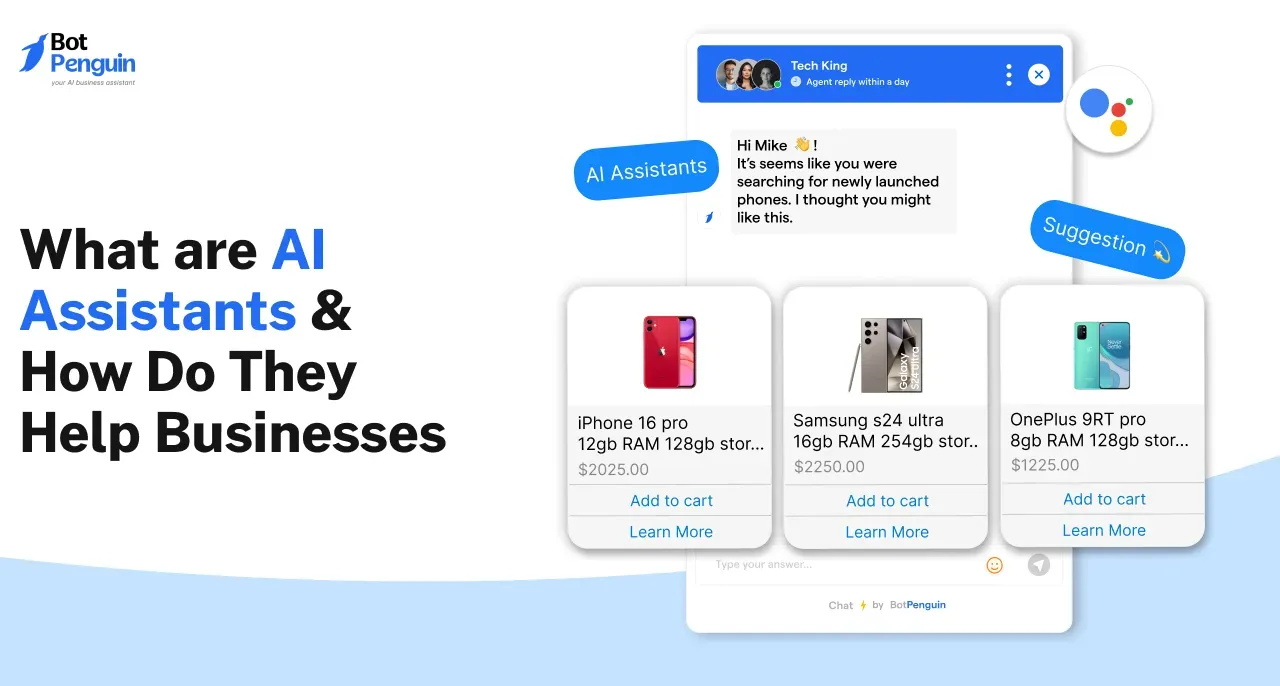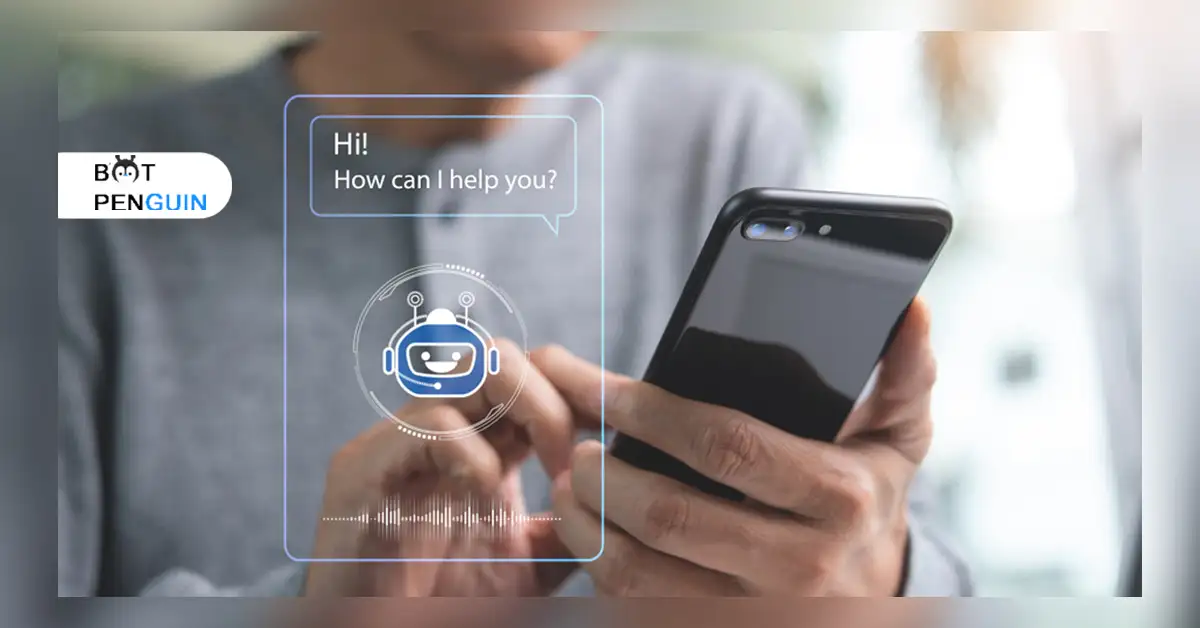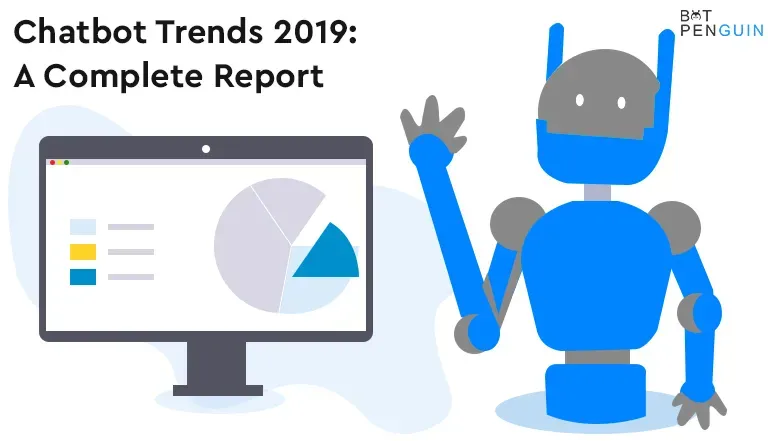There are several dangers that Google search must contend with, but ChatGPT is not one of them.
OpenAI announced the availability of ChatGPT Beta on November 30. It has created a mini-storm in the world of content creation in just one week after it was introduced.
When it is finally made available to the general public, it will only be a matter of time before applications that ChatGPT powers can be found worldwide. The world that does not rely on technology will quickly catch up to it as well.
While we wait, can ChatGPT take its place?
There are several dangers that Google search must contend with, but ChatGPT is not one of them.
OpenAI announced the availability of ChatGPT Beta on November 30. It has created a mini-storm in the world of content creation in just one week after it was introduced.
When it is finally made available to the general public, it will only be a matter of time before applications that ChatGPT powers can be found worldwide. The world that does not rely on technology will quickly catch up to it.
In the meantime, Microsoft's competitors might begin actively pressuring their companies' engineering managers to develop their own AI weaponry. In the event that this is not the case, they will devise a plan to deal with the new world that material provided by AI will ruley AI.
The "uh oh" moment for Google and Microsoft
At the end of the 1990s, Microsoft was found guilty of antitrust violations and lost its case against the Department of Justice in the United States. It was believed that it was responsible for the demise of the Netscape browser, which was considered to be the progenitor of both Mozilla Firefox and Javascript. Additionally, it was believed that it unlawfully monopolized the market for Windows users by forcing Internet Explorer down their throats.
Microsoft's deliberate actions in the web sector and the ongoing lawsuit liabilities it faces ensured that a single firm would not dominate the web field. This was made possible by Microsoft.
Google was able to capitalize on the opening in the market. After establishing Google's enormous web presence through the use of its highly relevant search engine, it went on to develop Chrome (2008). It gained unrestricted access to all systems, including Windows, unlike the browsers that were popular in the 1990s, and as a result, it became the default browser for much of the world very quickly.
Chrome did this for a secondary reason, which the majority of its users were unaware of at the time: It became much more streamlined and performant to pile up Google's inventory, which is that of the individualized user data when it was used to browse Gmail (which was made in 2004) and other Google applications. Gmail was created in 2004.
The internet is currently asking a question that Google isn't comfortable answering:
Can Chat GPT replace Google?
This inquiry was made possible by the release of OpenAI's GPT, backed by Microsoft.
The relevance of results returned by Google Search is declining
Search is the most important contributor to Google's overall revenue. Google is in for some bad news, regardless of whether or not ChatGPT is involved. It is experiencing a decline in its search results. And more and more people are learning about it.
The following is a synopsis of the Google experience.
1. The results of a Google search only contain advertisements.
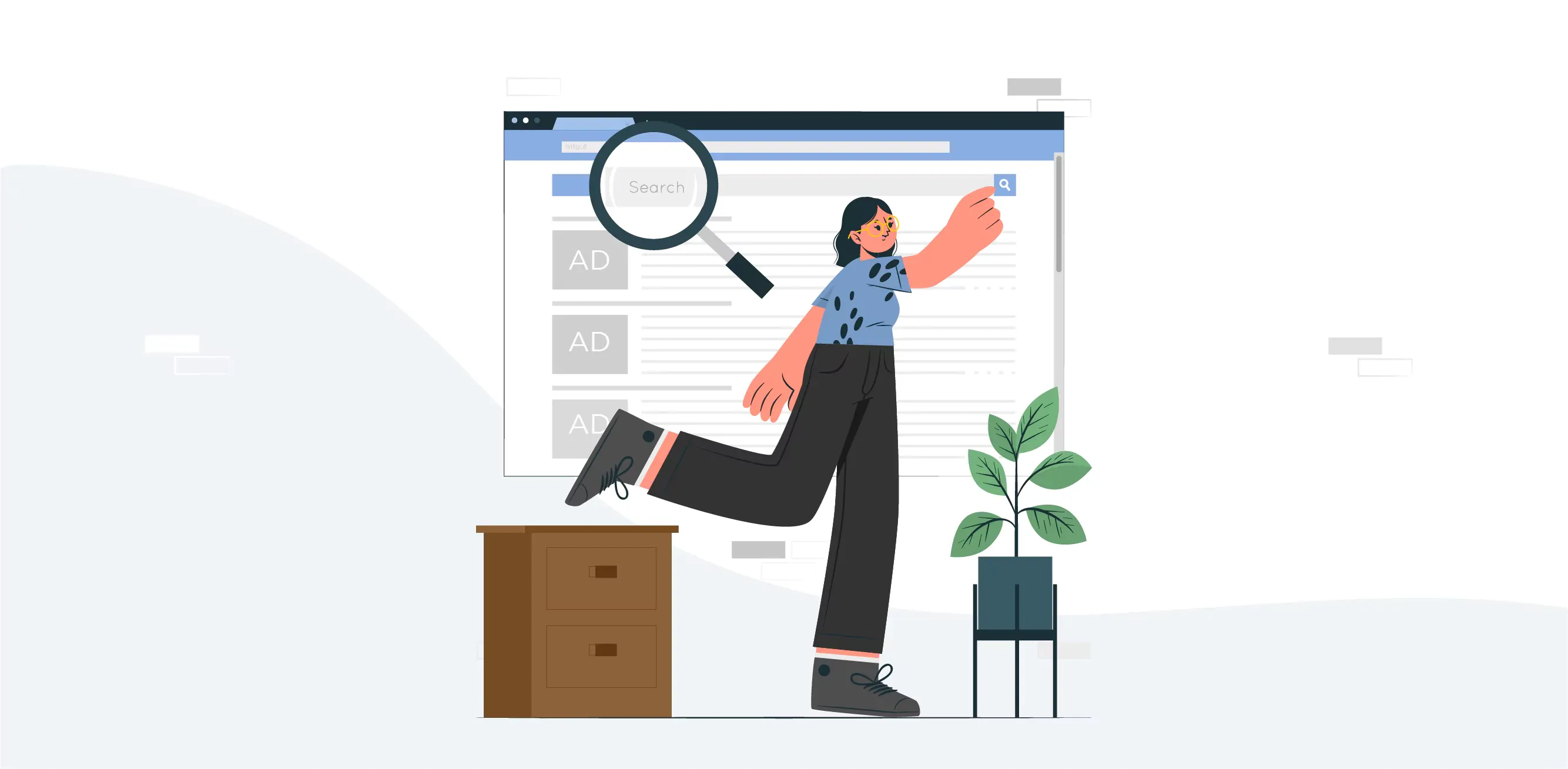
It is correct to say that advertisements drive Google's search platform. Advertisements dominated the top position for a considerable amount of time.
Things went from bad to worse, and advertisements started taking up a larger portion of the space. They frequently took up the entire page, leaving no room for organic entries.
It was formerly stated in the Google Webmaster Manifesto that for a website to rank among the top search results, the relevant information on the page must be located below the fold. The fold is the first portion of the page that is visible to the user before they scroll down.
2. Google did not adhere to the fold.
Websites that violate this rule—that is, that place their most important keywords above the fold rather than below it—suffer a penalty in the search engine results page ranking generated by Google.
When a user is looking for an organic source, Google breaches its own criteria by offering far more space to advertisement links, sometimes even completely covering those links.
3. Spamming by SEO junkies
When I was working on putting together my first WordPress blog, one of my primary goals was to achieve the highest possible ranking in Google's search results without paying the search engine any money.
It became clear that I lacked the necessary skills. What I did observe, though, was the abundance of WordPress plugins that guaranteed the top rank and the fact that some webmasters appeared to make millions of dollars utilizing such tools in conjunction with affiliate marketing. What is their special ingredient?
Google-friendly SEO
They employed a straightforward strategy that consisted of keyword stuffing on the web pages at essential moments. It was irrelevant whether or not the user's search query was satisfied by the content.
For instance, in the early days of WikiHow, a lot of the information was useless, but it still managed to dominate the top spots in the search rankings.
4. YouTube

As of today, those websites on the list of things to do have been replaced or downranked. And who did you think took their place? YouTube.
Now I understand that YouTube is Google's long-awaited cash cow. It makes perfect sense. Google paid less than one billion dollars for the acquisition. And it's finally starting to live up to its full potential. The financial report for 2019 indicated that YouTube brought in $15 billion for Google in just that year.
However, Google does not realize that getting to YouTube can be difficult. Recently, a significant amount of it resulted from the greedy advertising algorithm used by Google. If going to YouTube is still worth it, users are more than willing to watch an advertisement.
Visiting YouTube to view a 20-second advertisement when the user plans to copy-paste content is equivalent to going to your local police station every day to check that your passport is valid for at least a few more days.
5. DuckDuckGo
DuckDuckGo is currently in the lead when it comes to significance. The question "How much money does YouTube make?" was entirely in the dark. The irony is that Google was unaware of it.
6. Miscellaneous
The search results provided by Google only sometimes live up to the standards set by its users. For instance, it does not return any results for quoted inquiries (questions surrounded by quotation marks).
At other times, advocates of the thesis that the internet is dead assert that the entire process of search engine optimization (SEO) is rigged and that the majority of content on the internet is fake:
"Large chunks of the information on the internet that humans purportedly produce are generated by AI networks in concert with paid secret media influencers to manufacture consumers for a growing range of newly normalized cultural products," according to the dead internet theory.
Can ChatGPT replace Google Search?
The most recent development from OpenAI has sparked considerable interest throughout the globe. Because the question mentioned in the title is currently widespread across all forms of social media, it is better to keep the source anonymous.
There is no indication that ChatGPT will soon be able to compete with Google search. This is neither due to ChatGPT's inability to access the internet nor is it due to its lack of up-to-date information.
Because of the differences between the two, likely, it will never replace Google. The architectural point of view required to provide services comparable to those provided by Google calls for a different set of decisions than those made in ChatGPT.
The purpose of ChatGPT is to have the following:
- Creating meaning from the information contained in texts, both in terms of the data and the feelings they convey
- Create a response that takes into account both the intent (what the user has asked for) and the context of the situation (what has already been discussed)
- The purpose of a Google search is to deliver information in response to the user's input of keywords.
- It does not provide any information of its own accord at any time.
- Deliver results in a nearly real-time format based on continuously expanding online content.
However, to comprehend the distinction, we will need to investigate the workings of both Google search and ChatGPT.
Let us take a deep dig.
How a search on Google is conducted?
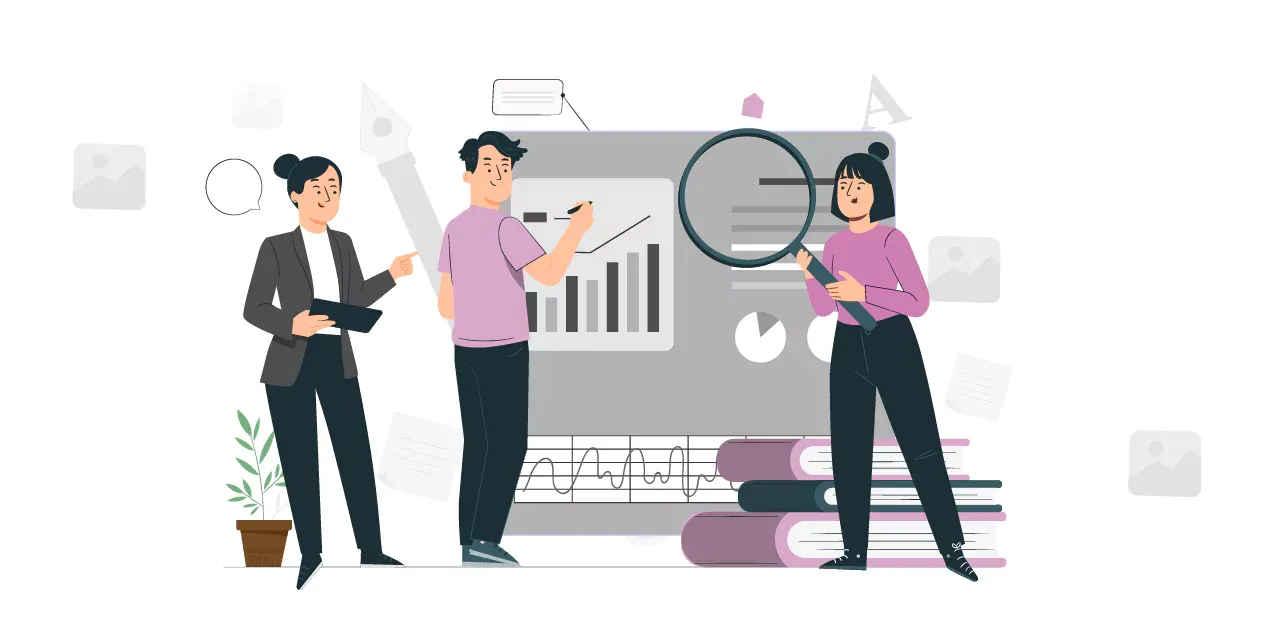
Google search is a web crawler combined with a massive database index when viewed from a high enough level. And that index is constantly expanding.
Crawler performs periodic searches over the world wide web to update its database with newly discovered URLs.
The most significant function is that it keeps all whole online documents on those sites, which are then keyed by the keywords that web admins supply. This is accomplished through the use of meta tags and HTML anchor text. When a user searches for "Tomato Puree," Google immediately returns results for all of the pages with "tomato puree" as one of their keywords.
Even more crucial is the fact that in addition to the content of the web page, Google also stores something that has traditionally served as the most reliable credibility benchmark: The value assigned to backlinks
The most crucial aspect is sorting all the candidate pages, which enables you to display only the most relevant results to the user in question.
Pagerank, Google's renowned core algorithm, was developed by the company's co-founders Larry and Sergey and is responsible for carrying out this function.
The in-depth explanation of this algorithm requires an in-depth understanding of more sophisticated mathematical ideas, which is outside the purview of this article. The following synopsis is all necessary to grasp its primary purpose.
Only a good fraction of the millions of websites that came so close to being picked up by Google made it. Those are the websites that have the appropriate keyword density, no instances of duplicity, and meet several other criteria for credibility.
After that, Pagerank assigns each page a score based on various factors, one of which is its number of backlinks.
In addition to those above, Google has made some compliances obligatory for searchability as part of its AMP architecture throughout the past decade.
These compliances include DOM standardization, page loading time, where not to place too heavy of a javascript load, etc.
The item with the greatest score after going through all the filters gets moved to the top spot.
Everything that was said above is solely applicable to organic search results.
When a webmaster has paid Google for particular keywords, the website rises to the top of the search results page, provided that the user falls into the target demographic for the campaign and that the webmaster's spending limit has stayed active.
If it is the top organic result, it enjoys double placement on the search engine results page.
Not only has Google's initial algorithm evolved with time, but it now incorporates specific AI-based nuances in natural language processing and creation.
For instance, thanks to its MUM AI model, Google Search can determine if a user is looking for information on how to commit suicide and, in that case, provides the user with links to mental health resources rather than providing the information requested.
How does the ChatGPT work?
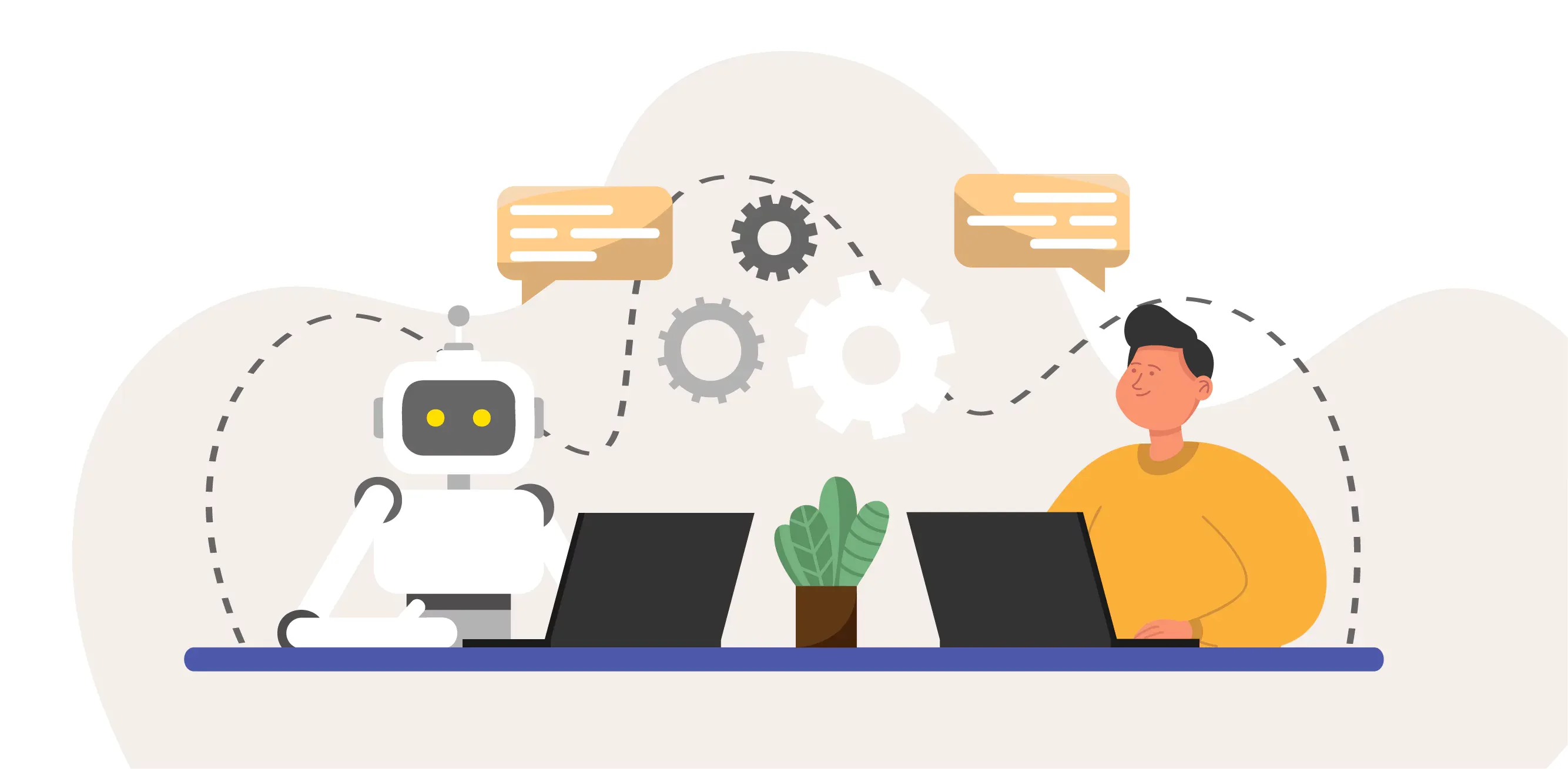
The Transformer architecture is the foundation for OpenAI's large-scale ChatGPT language model, which was created in-house. The model is educated on an enormous quantity of text data and uses the data it was trained on to generate text in response to a specific query or provocation.
The utilization of a deep neural network, which allows it to learn the patterns and associations between words and phrases found in the training data, is the essential component of its success.
ChatGPT will process the text that the user enters when they ask a question or provide a prompt, and it will utilize its internal representation of the reader to respond to the user.
The model begins by encoding the text into a numerical representation, which is then routed through several neural network layers.
This process continues until the desired output is achieved. These layers contain self-attention mechanisms, which allow the model to pay attention to diverse aspects of the input and produce a representation of the text that is aware of its context.
After the input text has been processed and a representation has been produced, ChatGPT will use the representation as a jumping-off point to make the output text.
The model makes use of a decoder to produce words one at a time, with each word being determined by the previous words produced, as well as an internal representation of the text that was fed into the model.
The model predicts the next word to be formed by combining its internal representations of the input text with its previously generated words.
This allows the model to generate the following word. This prediction is based on the odds of different words being the following word in the sequence, which are determined using a softmax activation function. Specifically, this prediction is based on the probabilities of different words being the next word in the sequence. The next step is to choose the term that has the highest likelihood and incorporate it into the final output text. This process will continue until the model has generated sufficient words to compose a response.
ChatGPT's capacity to generate consistent text throughout and sensitive to its surrounding environment is one of its most notable advantages.
This is because the model contains mechanisms for self-attention, which allow it to attend to various parts of the input text and build a representation that considers the context.
This explains why this is the case. Because of this, ChatGPT can generate text pertinent to the prompt or question, even in situations when inputted text is complicated or comprises numerous ideas.
In a nutshell, ChatGPT is put to work by employing a deep neural network to analyze the text that is fed into it and produces an internal representation of the content.
This representation is then used as the starting point for generating output text, which is done by selecting the next word in the sequence based on the probabilities of different words being the next word.
This is done by selecting the next word in the sequence based on the probabilities of different words being the next word. Because the model contains mechanisms for self-attention, it can generate text that is coherent and aware of its context. As a result, the model is an effective instrument for conversational artificial intelligence and knowledge discovery.
Why is everyone asking about ChatGPT taking the place of Google?
The subject of whether or not Google can be replaced was brought up as a result of Google's actions.
Google began to integrate content from discussion forums (such as Quora), news outlets, tutorial websites, Wikipedia, and its favorite offspring, YouTube, to capitalize on its dominant position in the market and discourage users from leaving the platform. This approach also led to a legal struggle between the company and various publishing houses.
Everyone started using Google as if it were a chatbot without even realizing it.
As a consequence of this, the majority of users started utilizing it as a tool for an impromptu question-and-answer session rather than for navigating the intricate maze of links that is known as the world wide web.
This was made clearer by the company's strong penetration into people's lives through the Android operating system, defaults (Google being the default in both iOS and Android), and the Gmail app.
Many users have the impression that Google's continued existence is jeopardized as a result of ChatGPT.
The ability of ChatGPT to comprehend human language and generate a response based on the analysis of millions of pages of textual content is the source of its power.
The process of searching, which includes sourcing, filtering, sorting, and displaying information, is different from interpretation, which is a task that ChatGPT excels at, despite its many flaws.
Due to the size of its share of the market, Google Search is not now in any danger. The vast collection of user behavior and research data that it maintains is also responsible, at least in part, for this.
On the other hand, ChatGPT, being Microsoft's offspring, has eventually made its way into Bing. Since Microsoft's defeat on the web in the 2000s, Google search has been winning on all platforms, thanks in part to its hegemony with Apple.
Because of the impending risk of lawsuits posed by biased AI, Google has chosen to hold off on implementing any fresh AI initiatives related to the search for the time being.
After coming to this conclusion, it is important to note that if the following scenarios play out: Bing+ or another Microsoft enterprise product provides more bang for the buck as a result of ChatGPT, and DuckDuckGo manages to make serious inroads. The competition for Google Search will quickly become more favorable.
The tides are set to turn within the current decade due to the emergence of AI that is usable by humans.

